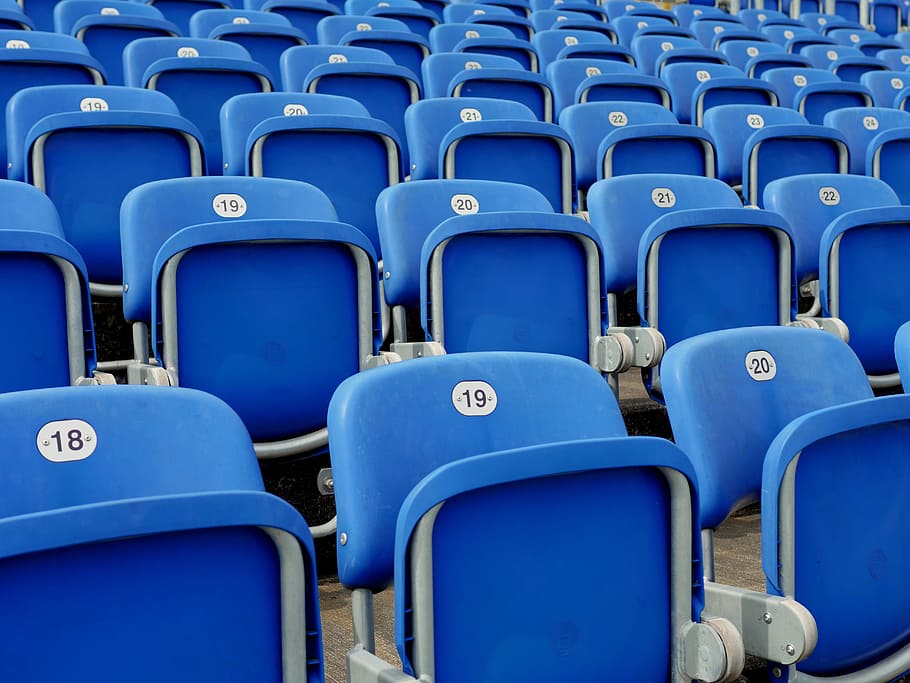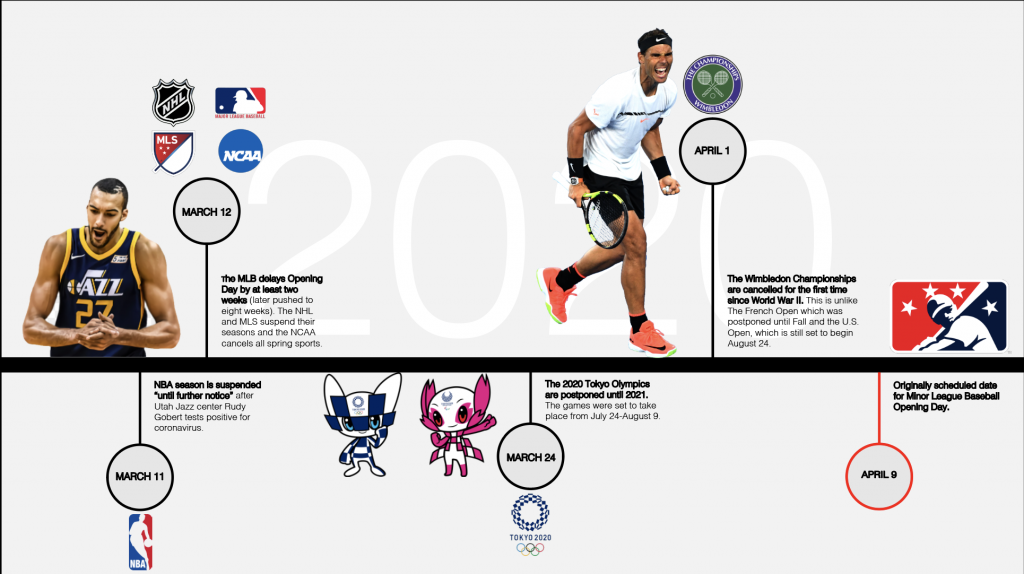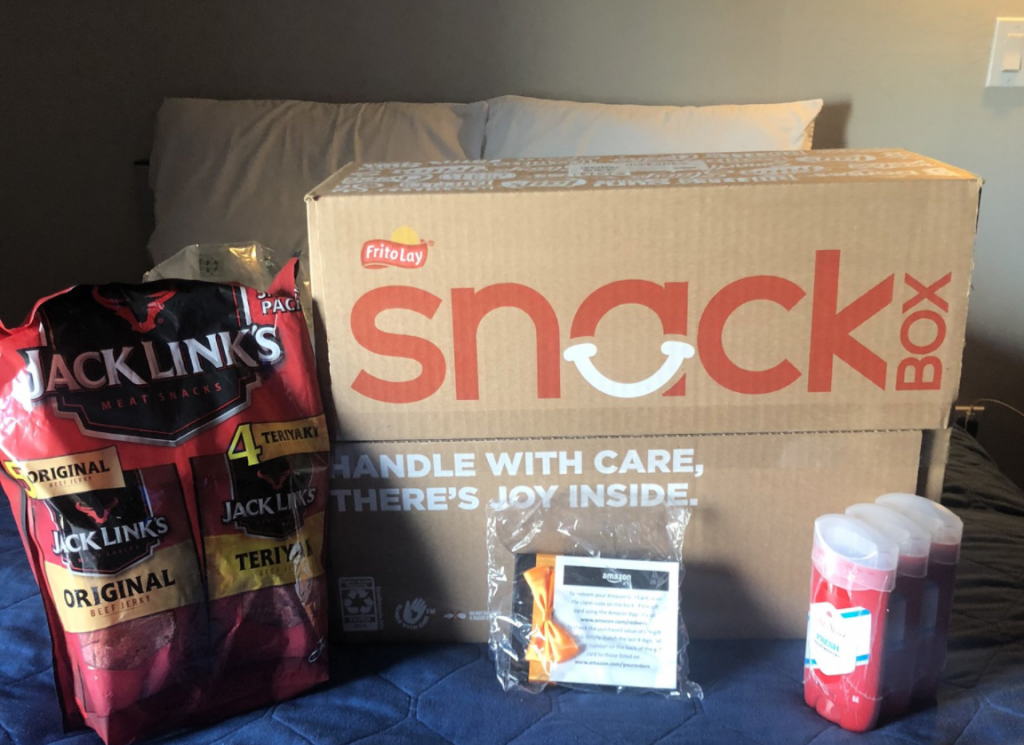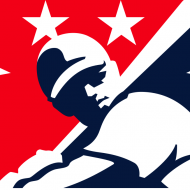
Professional athletes do not normally elicit a ton of sympathy, especially with the entire world in crisis.
Due to the value of media rights deals soaring over the past 15 years, athlete salaries have reached an all-time high. The average NFL player made $2.7 million in 2017, according to the Los Angeles Times. The average NBA player is currently making $7.7 million a year according to CNBC. The average salary for an MLB player is just over $4 million, per the player’s union.
One segment of professional athletes receives nowhere near that level of fame, glory or most importantly, money. Minor League Baseball players compete under the bright lights in tiny towns in the shadows of their big league parent clubs. They travel from city to city by bus rather than chartered airplanes. They can make as little as $1,000 per month, often relying on host families for shelter and food.
“[People don’t understand] how much of a grind it really is,” said Shelby Lackey, a 22-year old right-handed pitcher in the Colorado Rockies organization. “We don’t get paid much and we’re on bus rides for eight to ten hours. Then, we’re expected to get five, six hours of sleep and then wake up the next day. At the lower levels, you stay at some bad hotels and you’re traveling through the night and you’ve got to get up and perform because each day is a day you’ve got to prove yourself.”

It should come as no surprise then, that minor league baseball players have been hit among the hardest of all professional athletes when it comes to sports getting cancelled or postponed due to the coronavirus.
“I talked to a few guys right before we left,” said Keegan McGovern, a left-fielder in the Seattle Mariners organization who is living with his family in South Georgia. “Some of them were pretty on edge about not getting money just because they may not have parents that are helping out. I know that there are some guys who have kids that they have to care for, too.”
Right now, the MLB is playing its part to take care of minor league players. On March 31, it announced it would pay minor league players $400 a week for the next few months, or until the season starts back up. Players closer to the big leagues, at the Double-A or Triple-A levels, will be making significantly less than they would be if the season went on as scheduled. But for lower-level players like McGovern and Lackey, the weekly income is appreciated.
“They’ve actually helped out a lot,” said Lackey who finished last season with the Single-A Asheville Tourists. “They could easily just say, ‘we’re not going to pay you guys because you’re not bringing any money in.’ But they’ve actually supported us really well. At least with the Rockies, they’ve reached out and made sure we’re okay.”
In addition to the MLB and its teams, individual big league players have stepped up to help minor league players who may be struggling financially. The most prominent example came in early April when Texas Rangers outfielder Shin-soo Choo decided to donate $1,000 to every minor league player in the organization, all 190 of them. The government stimulus check is $1,200.
“I came here with nothing, but baseball has given me a lot since,” Choo told the Naver Sports, a South Korean sports website. “Minor league players are the future of our organization. I just hope that they can fight through and overcome this difficult time.”
Lackey has seen similar generosity displayed from players and even fans.
“We got a written letter from [Rockies shortstop] Trevor Story, saying if you need help that bad, just reach out and he’ll help,” said Lackey. “Then there’s an organization called ‘Adopt an MiLB Player.’ I actually signed up for it and I got connected with a Rockies fan from Seattle. Once a month, she sends me a care package of food and gift cards.”

Like the Rockies fan in Seattle, Lackey is also helping out a minor league player in need. His former college teammate, San Francisco Giants minor league pitcher Cooper Casad has aging parents and didn’t want to risk giving them the virus. So, Lackey is letting him sleep in his and his girlfriend’s apartment in Scottsdale, Arizona.
“It was an instant yes,” Lackey said.
Financially, minor league players are figuring out ways to make ends meet during this crisis. But, they are still losing out on valuable experience. When a player is trying to make the ultra competitive trek to the big leagues, any lost time can be devastating. New players are constantly coming in trying to take veterans’ spots.
“In the minor leagues, age is a big thing,” said Travis Moniot, a left-fielder in the White Sox organization. “So a lot of people are worried about if this year is cancelled, if they’re on the older side, like 25 to 27.”
McGovern and Lackey were already in tough spots entering this season. Both were coming off of injuries in 2019 and needed to prove themselves in 2020 in order to move up through the minor league ranks. However, both are keeping their situations in perspective even if their futures are murky.
“I was hurt for the first half of last year and only got to play about 60 games, probably,” McGovern said. “I think I was just looking forward to being able to play every single day. But now that [the season] is going to be cut short or maybe not even played, that’s kind of hard. But, everybody’s health is the top priority right now.”
Lackey injured his lower back last season and hasn’t pitched against live batters since July 22 last year. The day it was announced that the season would be postponed was actually the first time Lackey was supposed to face live batters since the injury occurred.
“So, Spring training rolls around and I was stoked,” Lackey said. “I mean I had rehabbed everything, I had gotten to 100 percent, gotten stronger, gotten my mechanics intact. Then all of it to just be put on halt like that. It was just kind of a shitty feeling, but I just know there are bigger problems in the world right now than sports, so I understand where they’re coming from.”
It is currently unknown when baseball will return. But for now, Lackey, Moniot and McGovern are using this time to better themselves outside of baseball. Lackey is practicing meditation every morning. A few years ago, Lackey said the exercise was something “for hippies,” but now he says it’s been essential in helping him improve the mental aspect of baseball and better himself overall. Moniot has been pursuing another passion of his, producing electronic dance music beats. And McGovern is taking this time to grow stronger in his faith.
“When we’re in the middle of the year, you’re at the field for 12 hours every single day,” McGovern said. “That’s one of the big things I’m trying to do, is get in the word more and pray more. So I think that’s one thing that’s really helped me out and kind of taken my mind off things too.”
